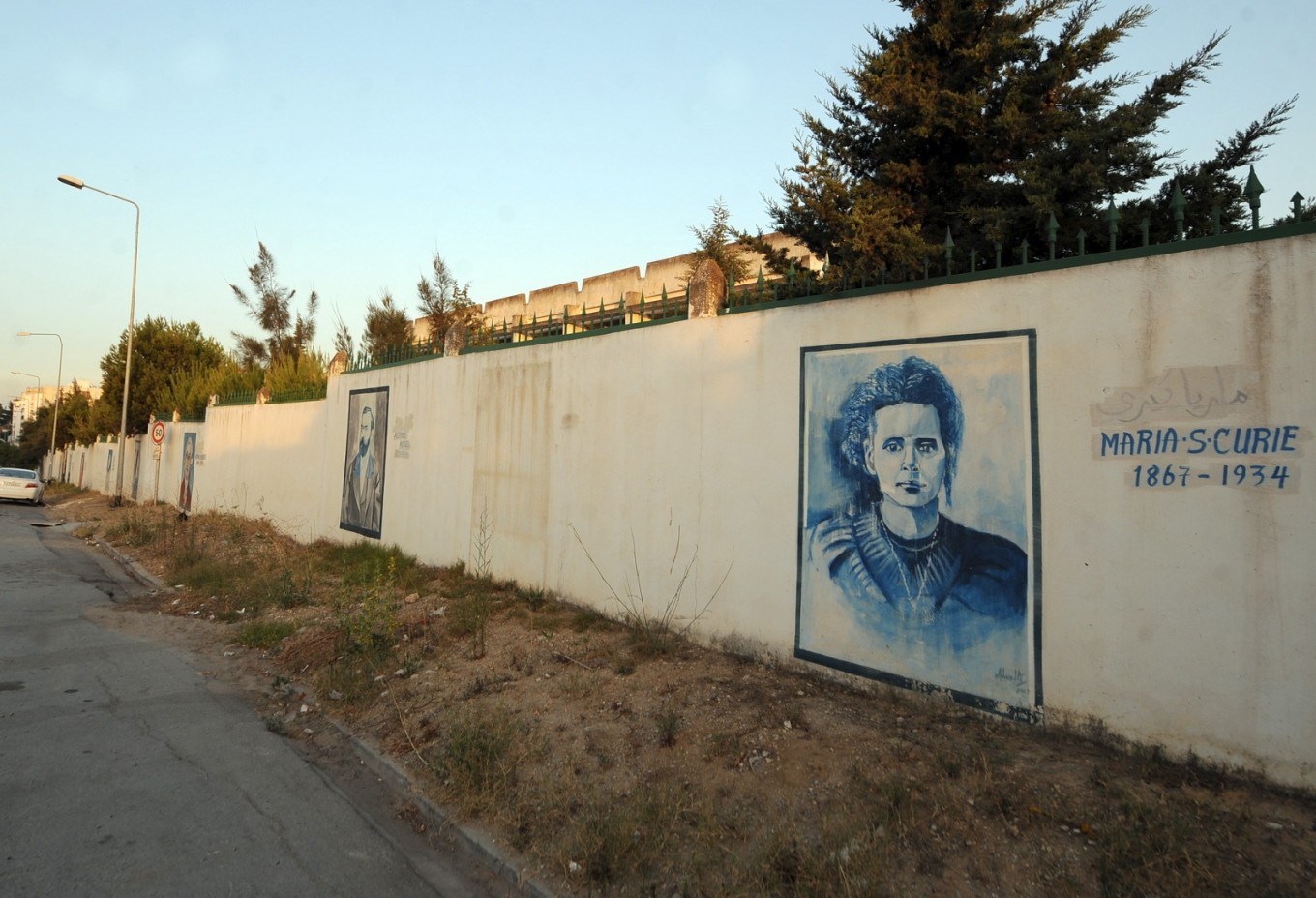Popular Reads
Top Results
Can't find what you're looking for?
View all search resultsPopular Reads
Top Results
Can't find what you're looking for?
View all search resultsCancer-curing Marie Curie voted the most influential woman in history
Change text size
Gift Premium Articles
to Anyone
N
obel prize-winning scientist Marie Curie was the most influential woman in history, Britain’s BBC found in a poll on Thursday, highlighting her role in curing cancer.
Readers of BBC History magazine ranked Polish-born Curie at the top of a list of 100 women who changed the world, for becoming the first person to win two Nobel Prizes and for her research into radioactivity – a word that she coined.
“It’s so important that we highlight the work of great thinkers like Marie Curie,” Heenali Patel, a spokeswoman for the Fawcett Society, Britain’s leading women’s rights charity, told the Thomson Reuters Foundation in emailed comments.
“It’s vital we celebrate the rich and varied histories they have left us - and use their stories to inspire future generations of women innovators.”
The poll comes amid efforts to boost the representation of women in Britain and debate about the gender pay gap, as the country marks the centenary of women winning the vote.
The National Trust charity plans to double the number of statues of everyday women, as only about a sixth of Britain’s 925 public statues represent women.
Read also: 'Gone Girl' star Pike to play Marie Curie in biopic
The U.S. civil rights activist Rosa Parks, who refused to give up her seat on a bus for a white person, came second in the poll, followed by Emmeline Pankhurst, leader of the British suffragette movement, who helped women win the right to vote.
Female scientists featured prominently in the list, with the early computer programmer Ada Lovelace in fourth place, and British chemist Rosalind Franklin - who contributed to the understanding of DNA - coming fifth.
There are relatively few scientific role models for young girls to look up to, as only 13 percent of the science, technology, engineering and mathematics (STEM) workforce in Britain is female, the Fawcett Society said.
"This list is a testament to women in history who have struggled against the odds to achieve incredible feats," Patel said.











